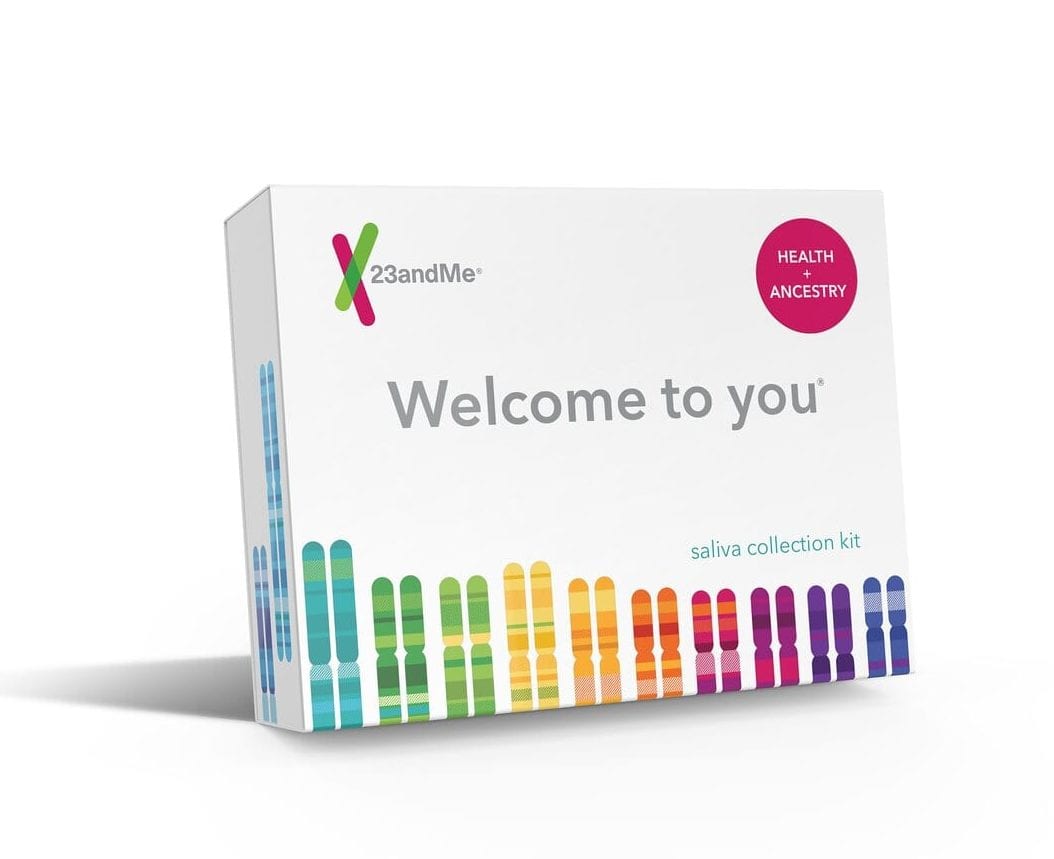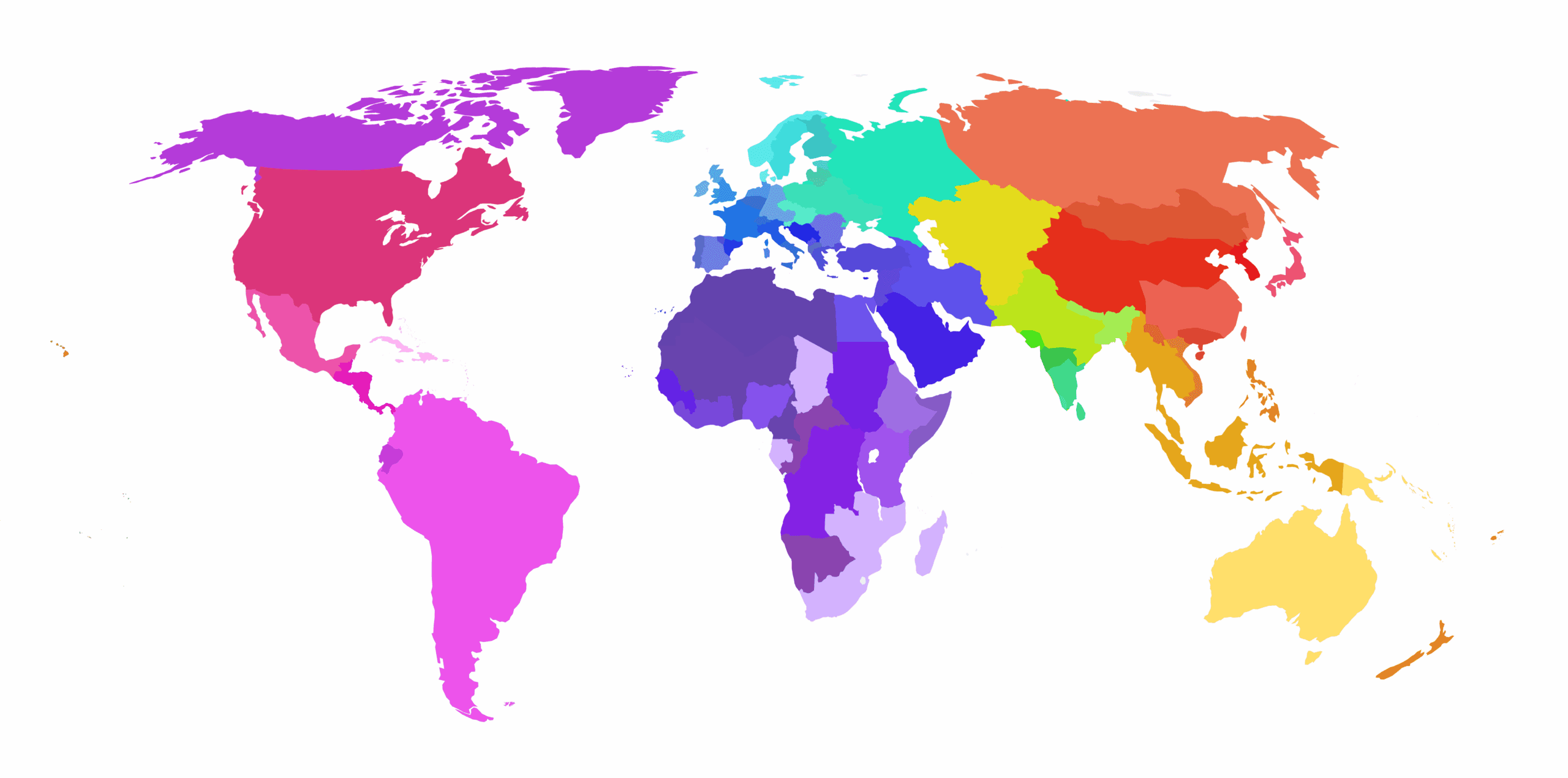By Brianne Kirkpatrick, MS, LCGC
Whether it’s a mother finding her son, or a daughter finding her father, or brothers and sisters meeting for the first time, stories of adoptees using DNA testing to connect to their biological family are profoundly moving.
But DNA testing is also profoundly powerful because it can give adoptees —and their children and grandchildren — an opportunity to discover health risks they might not learn otherwise.
Tools for Adoptees
Whether it is uncovering unknown health risks or finding family, DNA testing is a powerful tool for adoptees. Here are some of the ways DNA testing can help adoptees:
- Identifying genetic family — “Do I have biological relatives who might be interested in connecting?”
- Exploring ancestry —“What’s my ethnic background?”
- Learning about genetic health risks —“What could a DNA test add to what I know about my medical history?”
At-home DNA testing has surged in popularity in recent years, with well over 12 million kits sold at 23andMe. The boom in DNA testing comes at a time of other societal shifts in the world of U.S. adoptions. A New York State law went into effect in 2020, enabling adult adoptees access to their original birth certificate. Many other states have already made the change, and others will be expected to follow in the future.
The reasons behind a search for biological relatives are unique in every instance. On top of a search for information about biological origins, interest in the health information that can be gleaned from DNA also grows. More uses are available for DNA testing in the medical sector each year, ranging from the prescription of medications to the prediction of who is at higher risk of developing certain cancers.
Types of Information to Come from At-home DNA Tests
23andMe offers direct-to-consumer  might choose from:
might choose from:
- Ancestry + Traits Service
- Health + Ancestry Service
- VIP Health + Ancestry Service
The options all use the same type of testing–genotype analysis–and look at markers that give information on ethnic ancestry, DNA relatives, select traits influenced by genetics, and certain health-related* reports.
Whether (and When) to DNA Test?
Just like non-adopted individuals, people who are adopted have needs as unique as their DNA. There is no one test or one reason for testing that fits all. Even the right time to order a DNA test varies from one person to the next.
23andMe puts customers in control of deciding what information they want to learn and what information they want to share. Customers also have a choice to opt-in to research or other features throughout the product. But those considerations are up to each individual.
No one else can tell you what’s the right decision, and DNA testing doesn’t assure that all your questions will be answered. Consider a kit from 23andMe as another way to gather additional information if you’re adopted and have gaps in your information about your past or health.
If someone is looking into getting a kit for another person, for example, adoptive parents who might be looking into testing for a child, keep special considerations like age and preparation in mind. A specialist like a genetic counselor would be a good fit for considering the ins and outs (and the whether and when) of DNA testing in these situations.
DNA Testing that Matches Family Members
All of the 23andMe service options allow you to opt into family tree features, DNA Relative Finder, and Automatic Family Tree Builder. These features are of interest to those seeking genetic family, whether or not they have built their own family tree. These tools are not mandatory for customers, and customers can choose to opt-in and opt-out at any time.
A chat feature and choice over automatic notifications of new matches gives customers control of when and how they choose to pursue a search for DNA relatives and how they communicate with others.
Adoptees, Health Information, and Reports Offered by 23andMe
Family health history is often a cornerstone of every medical record. It adds another dimension to a person’s health profile, giving doctors and patients alike the information they can use to manage their health. But for many adoptees, their health history is a mystery.
For most of her life Shellye, a 51-year-old mom in Texas said she had no idea about her
family’s medical history.
“At doctors’ visits when I have to answer questions regarding family history I always wrote not applicable because I’m adopted,” she said.
It wasn’t until her 19-year-old daughter suddenly died from a pulmonary embolism that Shellye wanted to learn more. Her 23andMe report showed she had the factor V Leiden mutation putting her at a higher risk for blood clots.
Talking to Your Doctor
Your doctor understands the value of family history and genetic risks and is left wondering how to fill in the gap in those situations when your full history is not available. This can be frustrating for everyone. 23andMe can begin to fill in the gaps by providing information about your risk of being a carrier of recessive conditions.* It allows you to choose whether to receive more information like the risk of late-onset Alzheimer’s disease or Parkinson’s disease.* Although not a full picture of a person’s genetic risk, some information is available.
What about health information for you if you are outwardly healthy? A number of adult adoptees have found DNA testing helpful even if they have no particular medical concern in mind. If you are having health issues, you and your doctor should be aware that DNA testing at 23andMe is not diagnostic or a substitute for clinical testing that is diagnostic in nature. If you are having medical symptoms, talk to your doctor about what testing is best for your individual situation.
Final Thoughts on DNA Testing for Adoptees
Like in the story of an adopted son and birth mother connecting as a result of a 23andMe test, a DNA test can’t predict the relationship that might follow. As Doug, a 23andMe customer and adoptee, said, “Just go into it with an open mind.”
There is the potential for valuable information to be gained from DNA testing in adoption situations. Be willing to have open conversations with your family, your medical providers, and others. If you are an adoptee and are in contact with your biological family, try to gather what you can about your family medical history. Consider that information a complement to a DNA test.

Brianne Kirkpatrick, MS, LCGC
Brianne Kirkpatrick is a genetic counselor and DNA consultant. She is the founder of Watershed DNA and the author of the book DNA Guide for Adoptees. An alumnus of Indiana University and Northwestern University, Brianne is a member of the National Society of Genetic Counselors, American Board of Genetic Counseling, American Counseling Association, and International Society of Genetic Genealogy. She lives in Crozet, Virginia with her husband and their three children.
Disclaimer
*23andMe health predisposition reports include both reports that meet FDA requirements for genetic health risks and reports which are based on 23andMe research and have not been reviewed by the FDA. The test uses qualitative genotyping to detect select clinically relevant variants in the genomic DNA of adults from saliva for the purpose of reporting and interpreting genetic health risks. It is not intended to diagnose any disease. Your ethnicity may affect the relevance of each report and how your genetic health risk results are interpreted. Each genetic health risk report describes if a person has variants associated with a higher risk of developing a disease, but does not describe a person’s overall risk of developing the disease. The test is not intended to tell you anything about your current state of health, or to be used to make medical decisions, including whether or not you should take a medication, how much of a medication you should take, or determine any treatment. Our carrier status reports can be used to determine carrier status, but cannot determine if you have two copies of any genetic variant. These carrier reports are not intended to tell you anything about your risk for developing a disease in the future, the health of your fetus, or your newborn child’s risk of developing a particular disease later in life. For certain conditions, we provide a single report that includes information on both carrier status and genetic health risk. For important information and limitations regarding each genetic health risk and carrier status report, visit 23andme.com/test-info/




